A study, just published in BMC Medicine, has suggested that rapid improvements in health can be obtained with a simple dietary switch.
The research, undertaken by a large team at the Stanford University School of Medicine, looked in detail at the effect of diet on an aspect of DNA that is strongly associated with age-related illness.
Relentless Biological Clock

Age is a risk factor for the vast majority of diseases that humans suffer from, due to the effects aging has on our bodies.
Age-related illness is a huge burden on society, via costs to the health care system and lost productivity.
Close Look at Genetic Link
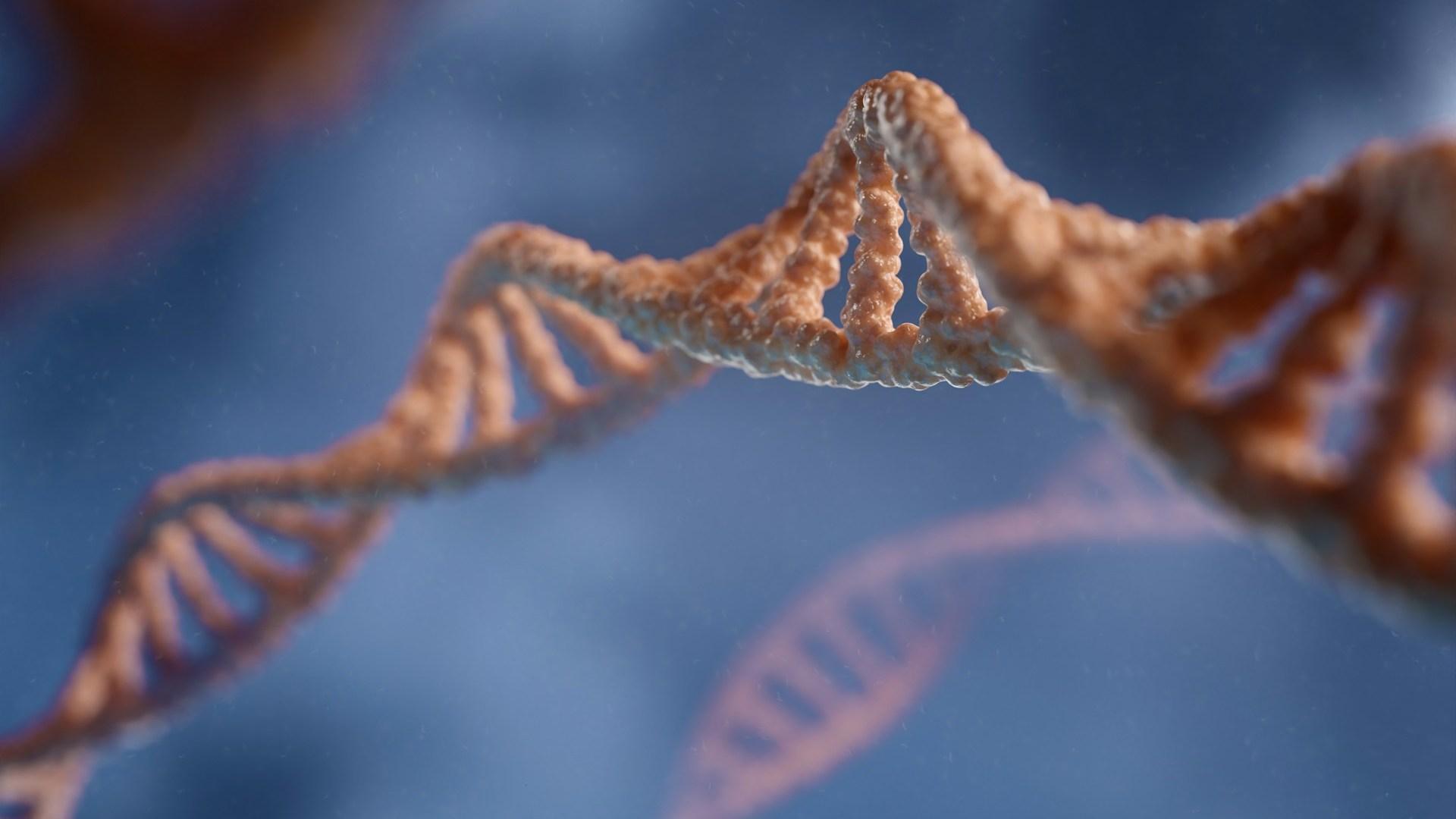
The Stanford scientists, in studying the link between diet and health, chose to look at it via gene actions.
The study used a less common technique in the field of epigenetics to attempt to better elucidate the genetic link to diet.
Proxies
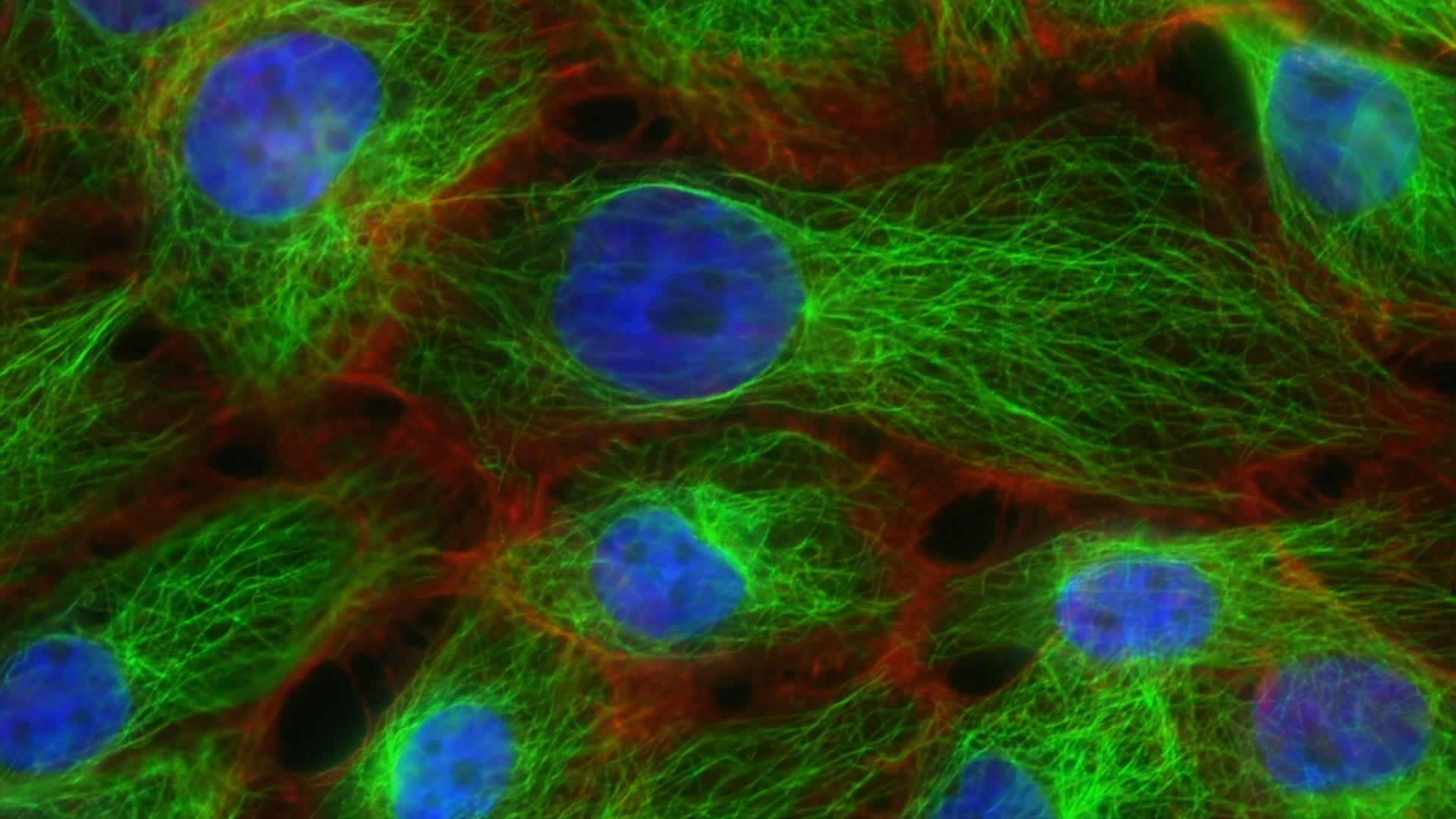
The effect of diet is difficult to measure directly, due to the vast number of chemical processes that occur post-ingestion, but the scientists’ method involved the use of proxies.
The proxies are effectively a way of measuring the benefits or otherwise of diets on biological aging.
Cell Aging
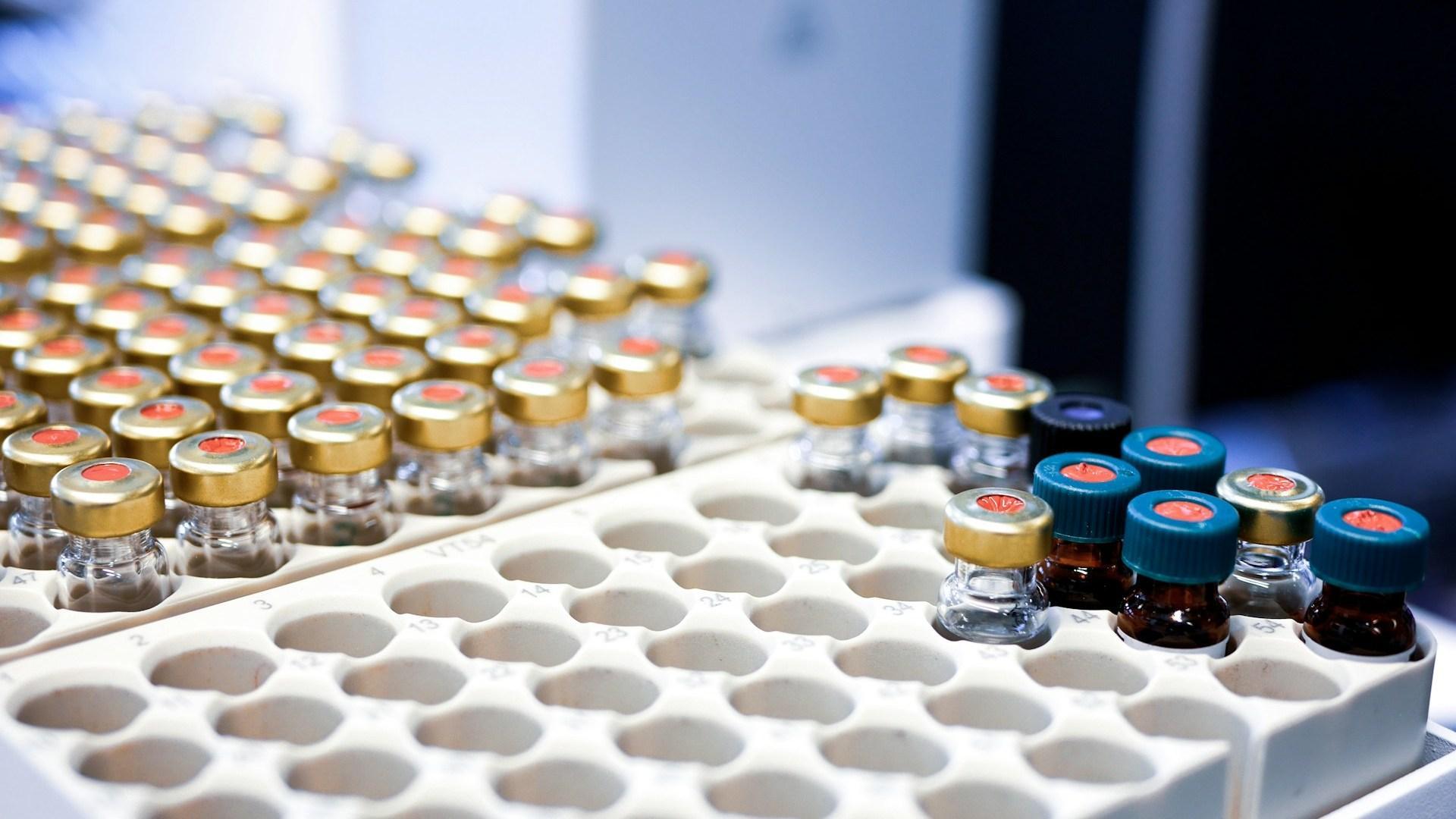
The presence or otherwise of what the scientists call ‘epigenetic biomarker proxies’ (EBPs) can be indicators of the development of age-related illness.
In other words, these EBPs can tell the scientists whether the cells are ‘aging’ or not.
Twin Study

The study method was to take 21 pairs of twins and split each pair into a different study group.
One of the twins was put on a vegan diet, while the other was put on a different, but still healthy and specific diet.
Vegans Eat Less
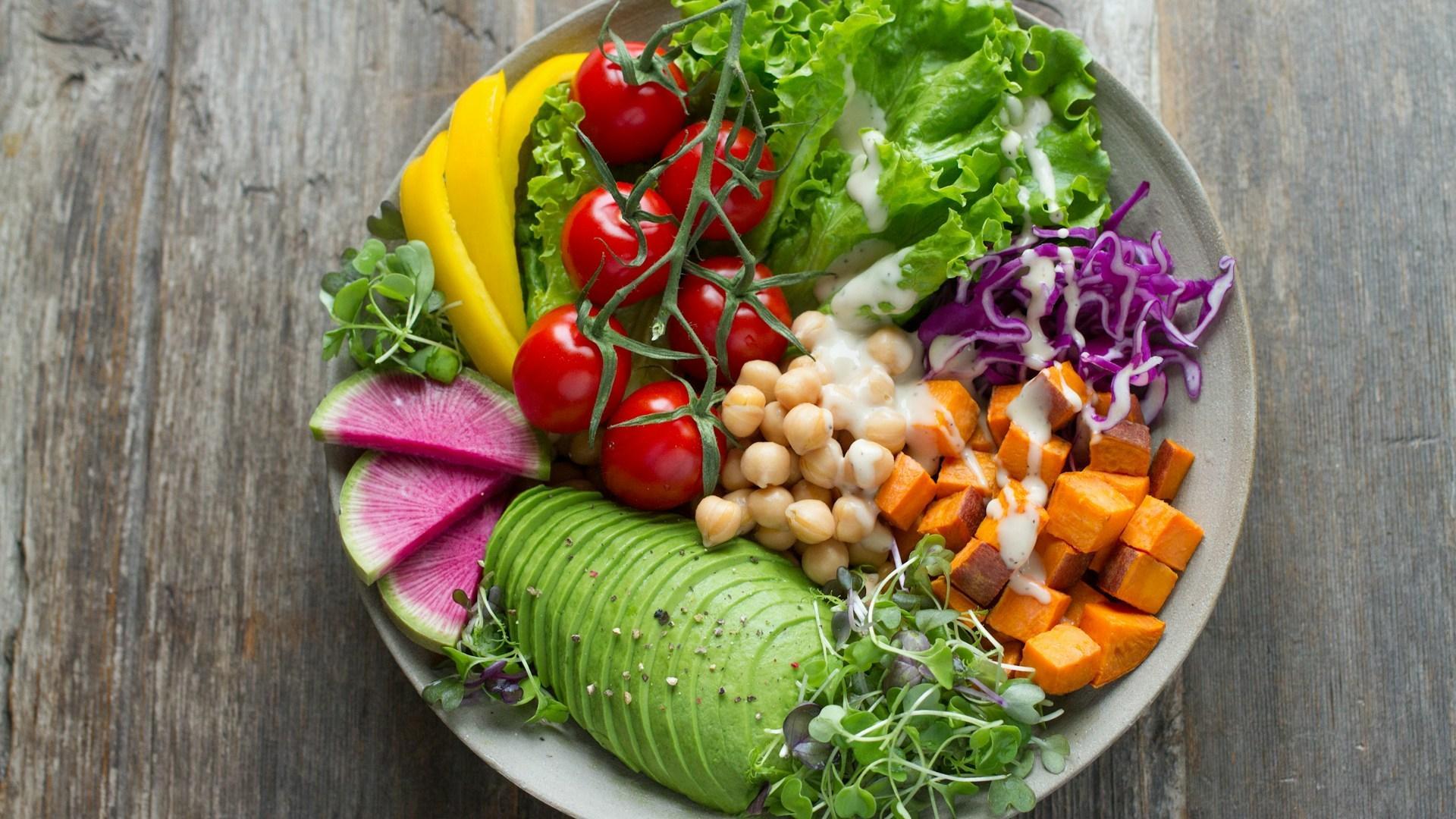
After the diet period of 8 weeks had passed, the study found 2 potentially-related outcomes.
The first of these outcomes was that the study group on the vegan diet consumed fewer calories overall, and lost 2kg more on average than the non-vegan group.
Genetic Results
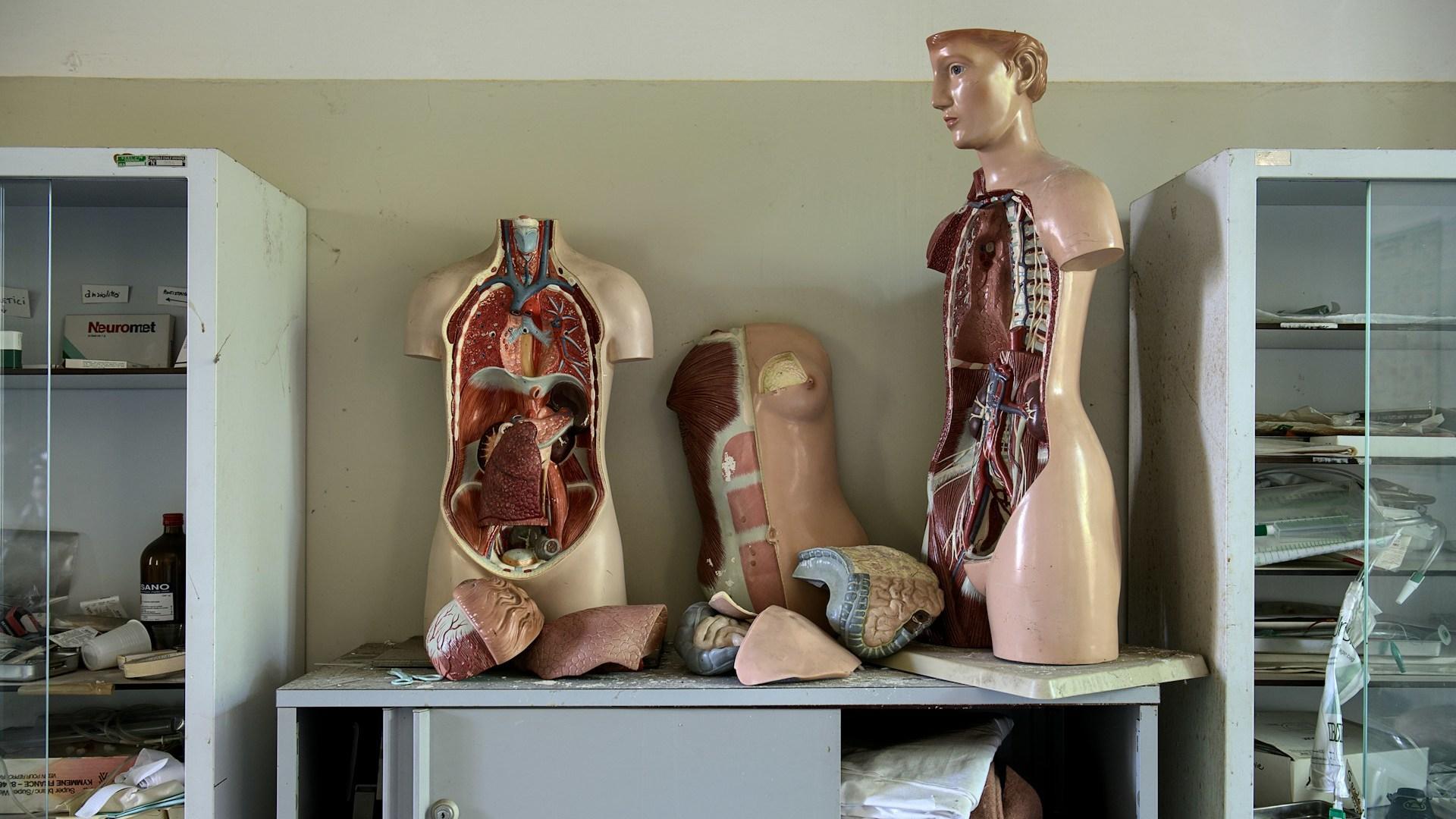
The second outcome was genetic, with the organs of the vegan group showing reduced effects of aging.
The liver, heart and various other tissues all showed reduced biological aging in comparison to the non-vegan half of the study.
The Diets
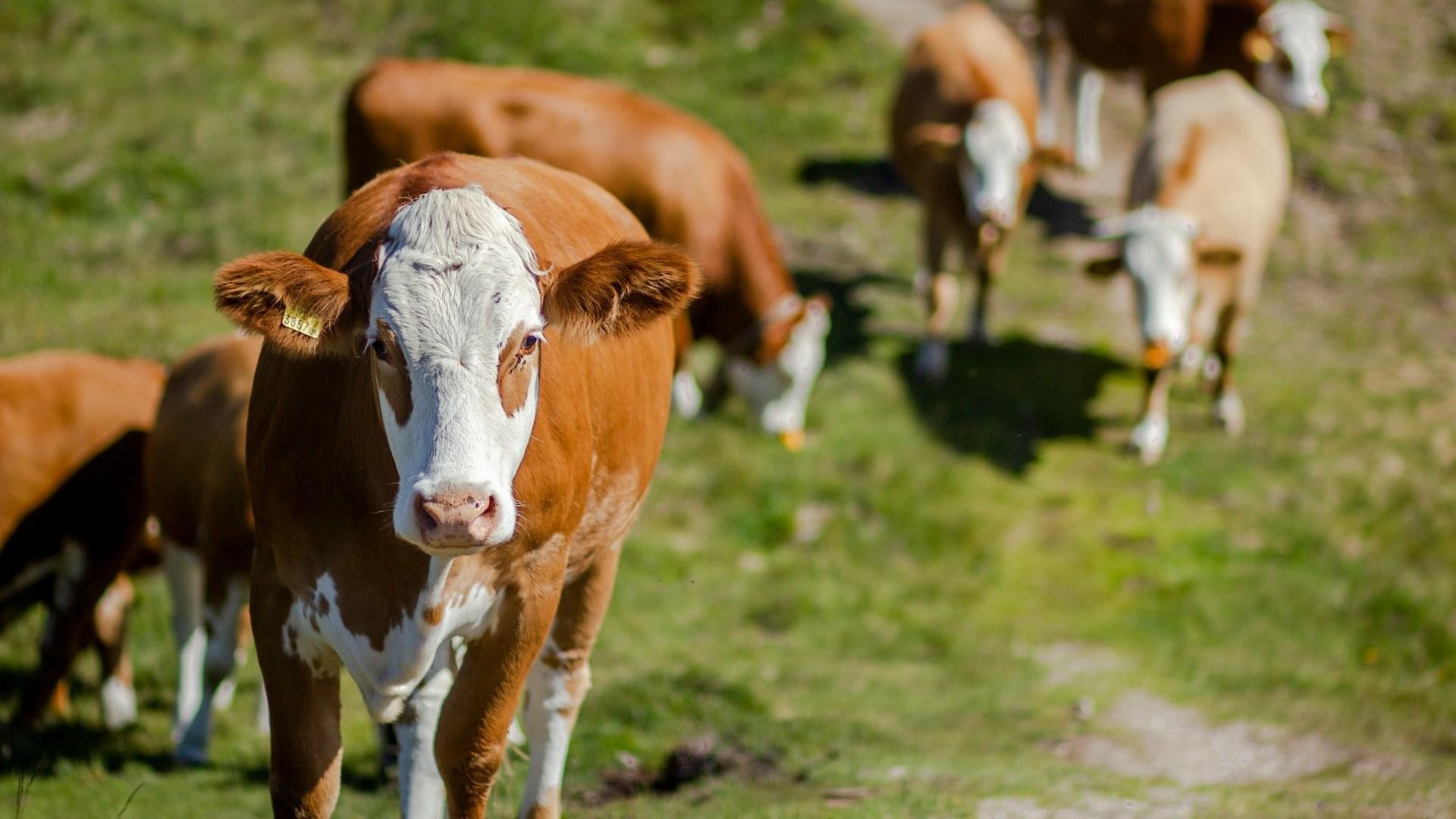
The non-vegan group had more restrictions on their diet, having to meet animal product targets such as several ounces of meat each day.
The vegan group were instructed not to eat any animal products. Both groups received nutrition classes over Zoom from health educators.
Study Limitations
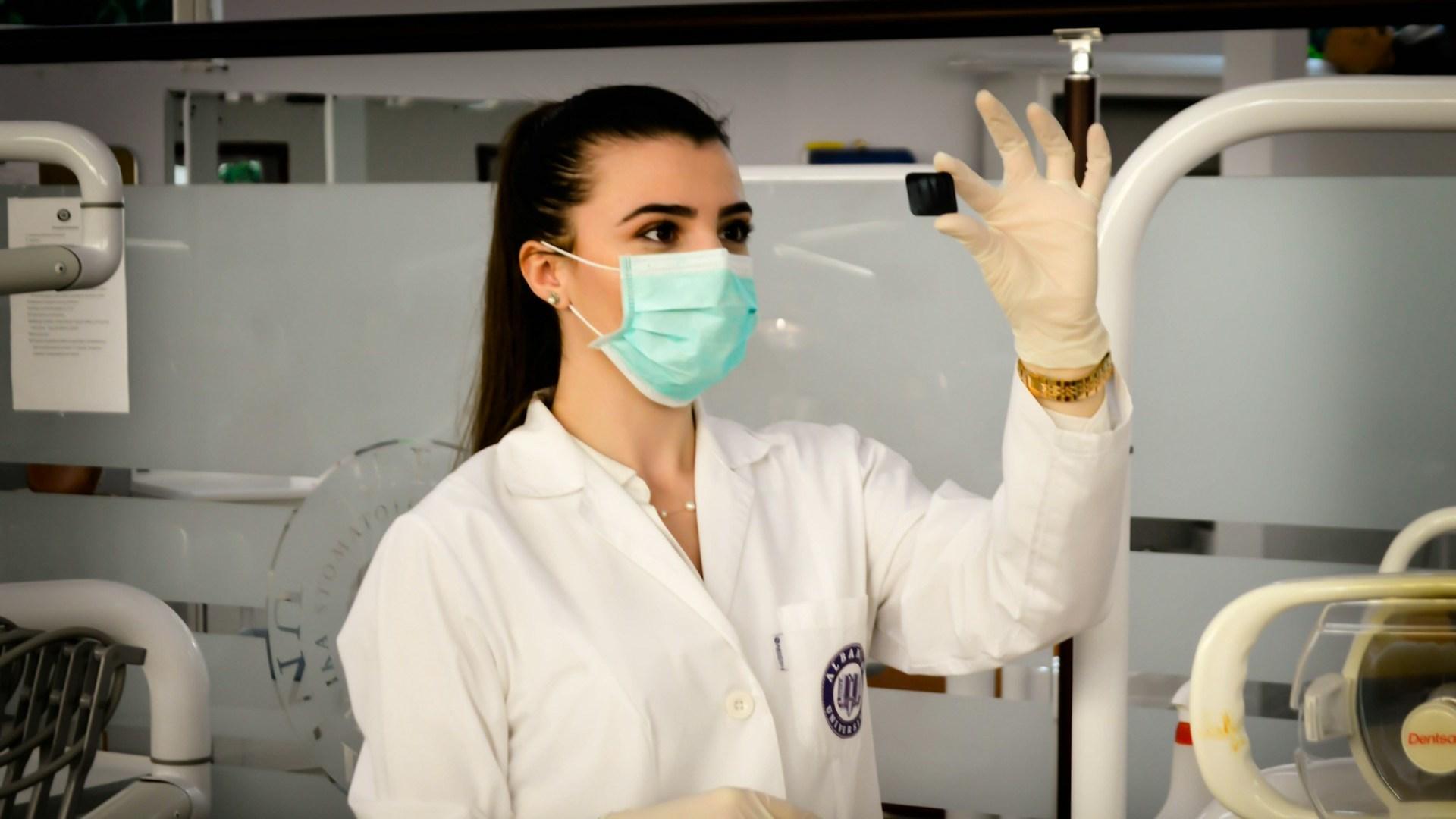
The study had a number of limitations, including its reliance on the memory of the patients through recall, and the relatively small sample size.
It also suffers from the issue of most dietary studies, which is that it is difficult to definitively link diet to health outcomes, excluding all confounders, no matter how carefully a study is carried out.

